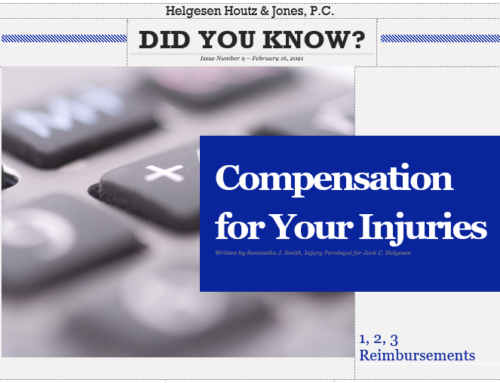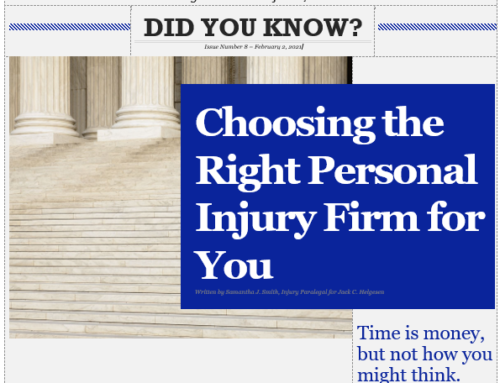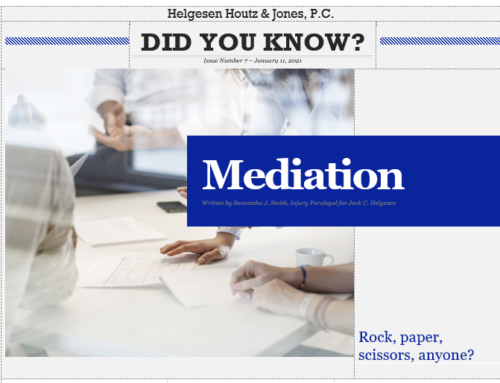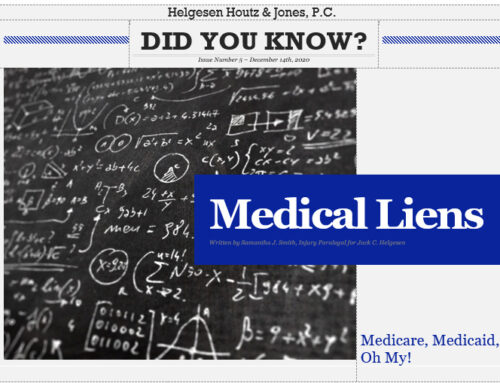According to
Ross Koppel, a leading academic in the world of health IT, about 70 percent of medical records have the wrong information.
“There are millions of records out there and screw-ups happen,” he said.
Most errors are irrelevant to health outcomes — for instance, a record might state that a patient hurt her finger on Thursday, when it was in fact, Friday.”
***
But how do those “irrelevant” errors affect a personal injury claim?
Losses for your personal injury claim are based on many different factors and records are vital. Whether you are using police reports, witness statements, or pay stubs, your medical records are the most important piece of evidence in your case.
As a personal injury paralegal, I spend countless hours reviewing medical records to confirm accuracy. It is not uncommon for me to have to explain to an adjuster why a client’s record says they were injured on a Friday when in fact, they were injured on a Thursday.
More alarming is the inability to explain why information is completely missing from a record. More times than I can count a client will inform us of information that was verbally provided by their doctor that was never written into the file.
Because your medical records are just that –yours, consider confirming with your doctor that all verbal diagnoses, recommendations, and
prognoses are actually in your chart. You should keep in mind that most doctors do not want to be in the middle of your medical care and injury claim, so your request should be tactful.
On the flip side of errors on behalf of the recorder, how about errors on behalf of the reporter?
When reporting your injuries to your doctor, your accounting of an injury and accompanying symptoms should be honest but descriptive. Symptoms may come and go, and it is not unusual for us to forget essential information. It may be helpful to keep your own written record to take to your medical appointments.
Bottom line: in a personal injury case, facts are important and accuracy matters.
Disclaimer: This article is not intended to be used as legal advice and is not a blanket for every situation. You should always consult with your attorney.







Leave A Comment